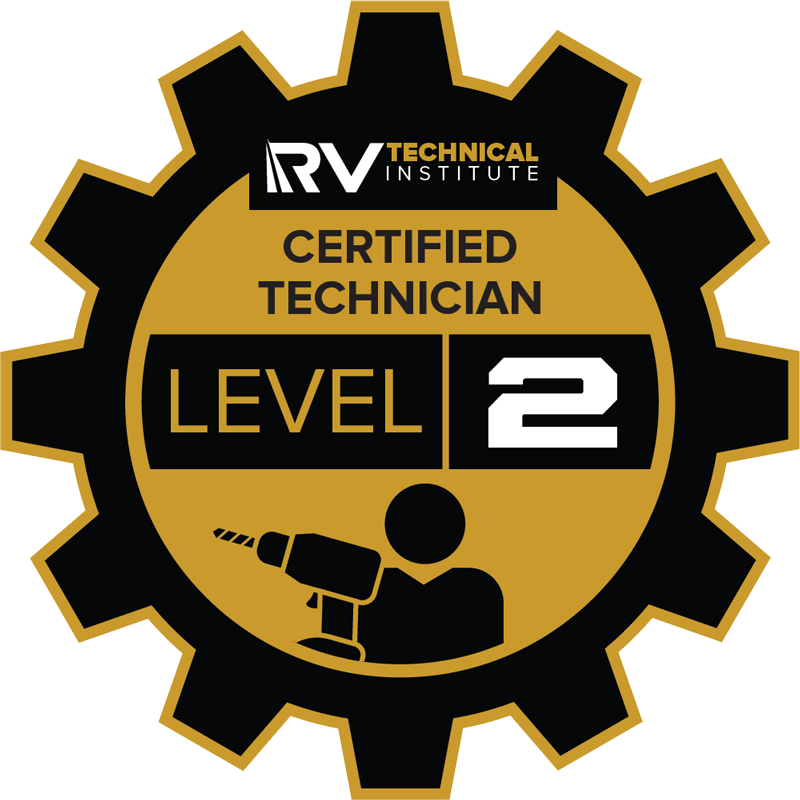am old enough to remember researching school papers at the local library. Okay, full disclosure: I’m old enough to also remember cars that had window cranks, headlight dimmer switches mounted on the floorboard and AM radios — but using a library’s resources was an important part of growing up.
Why? Because aside from being a place where you could find books for entertainment and, quite often, meet up with your friends, it was where you went for information. You knew that when you consulted the “Encyclopedia Brittanica” or searched for a non-fiction title in the card file using the Dewey Decimal System, you’d be getting the straight scoop. Yea, facts would change as more knowledge was gained, but that’s why encyclopedias were continually updated and new books would be published.
Today, we quite literally have the world at our fingertips. It wasn’t always like this. I can recall the angst that came with using dial-up AOL — at a whopping 56Kbps — only to lose the connection when someone else in the house picked up a phone extension to make a call. Who at the time could have imagined being able to travel down the highway at 60mph, spy a billboard touting an interesting stop and have your travel partner pull out a smartphone, type the subject into a search engine and know everything there was to know about the location before you passed the exit ramp?
For example, when writing this I did a quick search by typing “RV repair” into my Google search engine; in 1.06 seconds, it returned 1,030,000,000 results. That’s one billion. Even putting “RV repair” in double quotes — so only web pages with that exact phrase would appear — yielded 1,830,000 results in about the length of time it takes to blink your eyes.
There’s a dark side to this information overload, however: Which of these sites can you trust for accurate information when it comes to making repairs to your RV?
Like many performance enthusiasts who grew up in the heyday of muscle cars, I’m fairly well-versed in using baling wire and chewing gum to effect a temporary repair — but I knew it was being held in place by a few strands of high-tensile wire and a prayer and would only let me limp home if I was lucky. Unfortunately, many “sources” available on the Internet today are, quite simply, offering “baling wire” RV repairs — or worse — but they are being touted as the correct way to fix failing components or systems. Today, you don’t need the deep pockets of a publishing company to disseminate information; all you need is an Internet connection, a keyboard and an opinion.

As an example, we recently received a manuscript for possible publication where the author photographed a step-by-step upgrade at a respectable RV repair shop. Chris Dougherty, RV Enthusiast’s technical director, returned it the next day. Why? Because Chris immediately saw that the wrong part was used. Would it work short-term? Yes, but it was only a matter of time before it failed again — this time, with the RV hundreds of miles from the repair shop.
That’s the kind of expertise RV Enthusiast (RVE) brings to the table. RVE is the only RV magazine to have an RVIA/RVDA certified technician on staff, by the way — in fact, Chris recently received his recertification as a Level II technician, underscoring his commitment.
That’s not to say the rest of us are slouches. As I write this, RVE Publisher Bob Livingston, a full-time RVer, is back on the road and somewhere in Texas (I tried to convince him to stop at the Big Texan Steak Ranch, home of the free 72-ounce steak challenge, but he demurred). Inducted into the RV/MH Hall of Fame in 2014, the longtime publisher of Trailer Life and MotorHome authored Trailer Life’s Repair and Maintenance Manual, considered the authority of RV repair in its day. Meanwhile, Chris Hemer and I have spent more than half our lives, respectively, writing tech stories for automotive, marine and RV audiences. Rest assured that if they had been wrong, we wouldn’t be here. And every tech story in RVE is read and proofed by each of us.
Do we know everything? Not by a long shot — but unlike most Internet bloggers, we’ve spent a combined 100-plus years as real journalists. Along the way we’ve developed invaluable relationships, giving us access to the top product managers, designers, engineers and inventors in the RV industry. If we don’t have the correct answer, we can get it.
Why is this important to you? Before you commit to making a repair to your RV, you should know the competencies and experience levels of the people providing the information. Your RV represents a significant investment — don’t risk it by following questionable advice often found on the Internet. There’s a difference between searching for information on, say, Pioneer Days in St. Genevieve, Missouri, and troubleshooting your RV’s electrical system.
Do I miss my days at the library? No. Properly used and vetted, there’s no denying the allure of having a wealth of information at your fingertips whenever you need or want it. I did have a lot of fun in those stacks, though.

